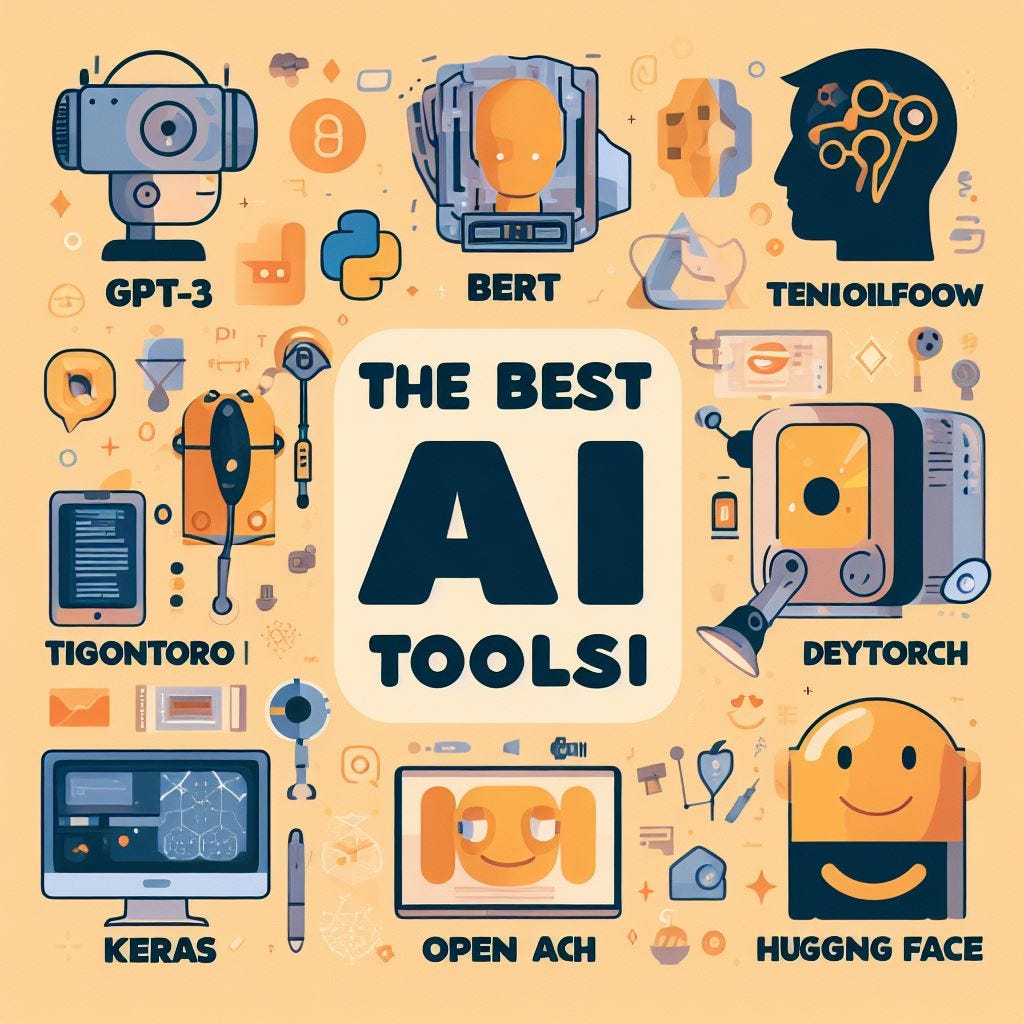The Future is Here: AI Mind Reading Becomes a Reality
Breakthrough AI Can Decode Thoughts and Read Minds - The Mind Tech Revolution Is Here
In a groundbreaking new study, researchers at the University of Texas at Austin have developed an AI system that can decode human thoughts and translate them into text. This remarkable technology heralds a new era of brain-computer interfaces and raises intriguing possibilities, as well as difficult questions, about the future.
How Does it Work?
The AI system, called a “semantic decoder,” analyzes brain activity patterns using a non-invasive neuroimaging technique called fMRI. By “decoding” these patterns, it can reconstruct the words a person hears, imagines, or intends to say.
To train the AI, researchers recorded hours of brain activity from volunteers listening to audio stories. Using this data, they built a model to predict brain responses to language. They also incorporated a natural language model called GPT-1 to improve the coherence and grammar of the decoded text.
The system works by matching neural activation patterns to semantic meaning. So even if the decoded text doesn't replicate the exact wording, it conveys the gist of the information.
Remarkable Results
In tests, the decoder reconstructed phrases and sentences from brain activity that closely matched what volunteers actually heard. Even more impressive, it worked for imagined speech too. When volunteers were asked to silently imagine telling a story, the system identified the content with impressive accuracy.
The team discovered that different regions of the brain redundantly encode language. This suggests that even damage to one area won’t completely impair language capacities thanks to built-in backups.
The system even worked cross-modally. When shown silent videos, it generated text summarizing what was happening on screen. The fact that it worked across visual and auditory domains highlights the versatility of the AI decoder.
Your own personal army of bots, continuously producing VIDEO CONTENT across all social media platforms.
Generating TRAFFIC, LEADS, and attracting CLIENTS, all for YOU!
Meta’s Mind Reading
If decoding imagined speech wasn’t mind-blowing enough, Meta (formerly Facebook) recently revealed an AI system that can reconstruct visual data from brain activity in real time.
Using a different non-invasive technique called MEG, their brain decoding AI aligns closely with computer vision systems. It can interpret neural signals and generate images resembling what the viewer saw.
In tests, it reliably predicted broad categories like faces, animals, or places. While it struggled with fine details, the applications could be transformative. It might even enable communicating just by thinking.
Limitless Possibilities
Brain decoding AI could give a voice to those unable to communicate verbally. It could also let paralyzed patients control wheelchairs or computers using thought alone.
There are also exciting possibilities for brain-responsive AR/VR. AI assistants that can interpret moods based on neural states are also on the horizon. Eventually, telepathic communication could become possible too with bidirectional systems.
Early Days
However, we are still in the early stages of this technology. There remain considerable technical barriers between laboratory proofs of concept and real world functionality.
The AI systems require extensive individualized training and struggle with reconstructing fine details. And non-invasive sensors like fMRI and MEG have limitations in speed and resolution compared to implanted devices.
While neural implants can more precisely decode thoughts, they are costly, risky, and not widely viable. For now, the non-invasive approach seems more pragmatic for most applications.
Troubling Implications
These revelations also surface troubling concerns about privacy violations. Could employers or the government use AI to monitor thoughts? What about hacking or misuse of brain data? And who will oversee access and prevent abuse?
Critics also worry about the manipulation potential of systems that intimate mental states. Advertisers in particular might take advantage. There are also fears that AI could decode subconscious desires or mental health conditions without consent.
More profoundly, if AI can infer our innermost thoughts and feelings, what does it mean for free will, agency, and what it means to be human?
The Coming Mind Tech Revolution
Make no mistake, this research marks the beginnings of a transformational mind tech revolution. We are entering uncharted territory, and the implications are dizzying. But revolutions are rarely straightforward. Along with the perils, brain decoding AI could also unlock tremendous good. Either way, Pandora's box has been opened. The future is here, and things will never be the same.
6 OF THE BEST AI TOOLS
HEADLIME IS THE GO-TO GPT-3 TOOL FOR MARKETERS.
WRITESONIC IS ONE OF THE BEST ARTIFICIAL INTELLIGENCE-POWERED COPYWRITING GPT-3 TOOLS.






